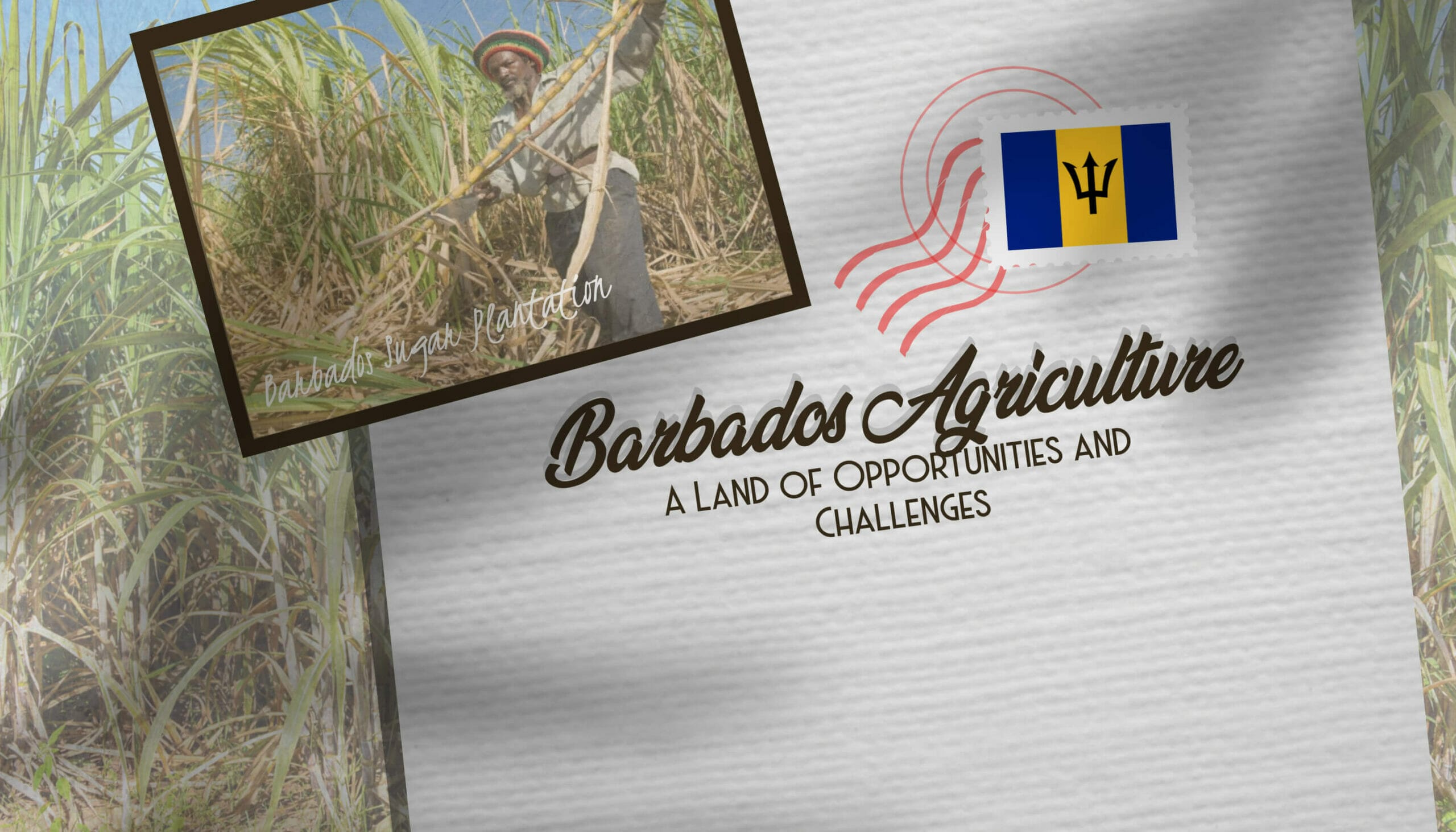Barbados Agriculture: A Land of Opportunities & Challenges
Barbados has advanced in the agricultural field recently, with numerous chances and difficulties emerging for farmers and the sector at large. As we learn more about Barbados’ current agricultural situation, it becomes clear that…
Despite the island’s tremendous potential for growth and development, there are still a lot of difficulties to be overcome.
In this investigative blog post, we’ll explore the many facets of Barbados agriculture, focusing on the opportunities and challenges faced by farmers and the industry in general.
A Look at Barbados Agriculture
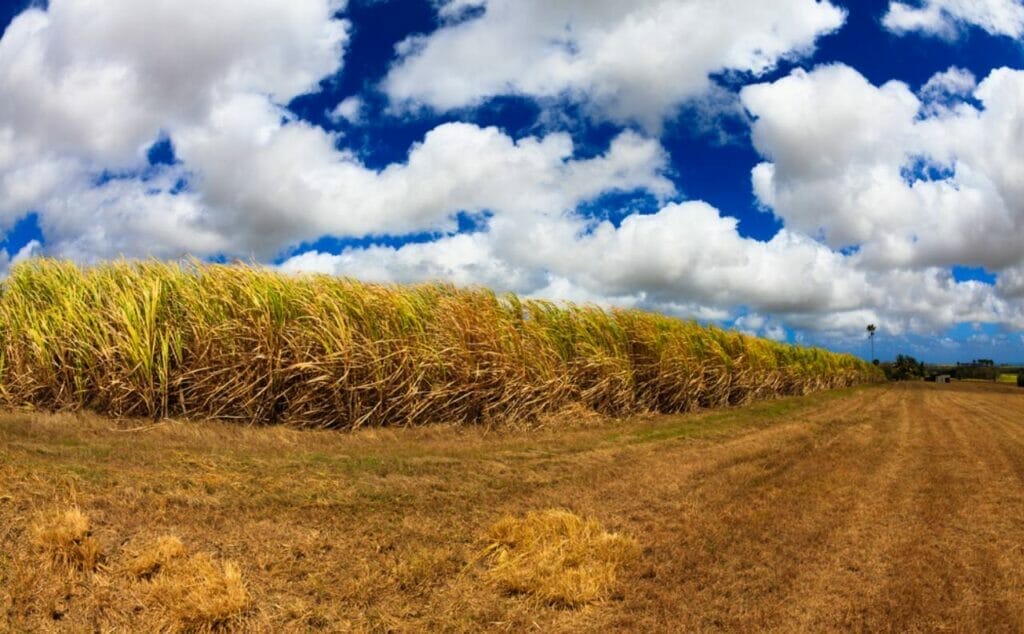
Barbados, a small island nation in the eastern Caribbean, has a predominantly service-based economy, with tourism and offshore banking being its main industries. Despite this, agriculture still contributes around 1.6% of the GDP and employs about 10% of the working force, making it vital to the economy.
Sugarcane has always been the principal crop grown on the island due to its favorable climate and excellent soils. Diversifying agricultural production has become more of a priority recently, with a stronger emphasis on food crops and animals.
Opportunities in Barbados Agriculture
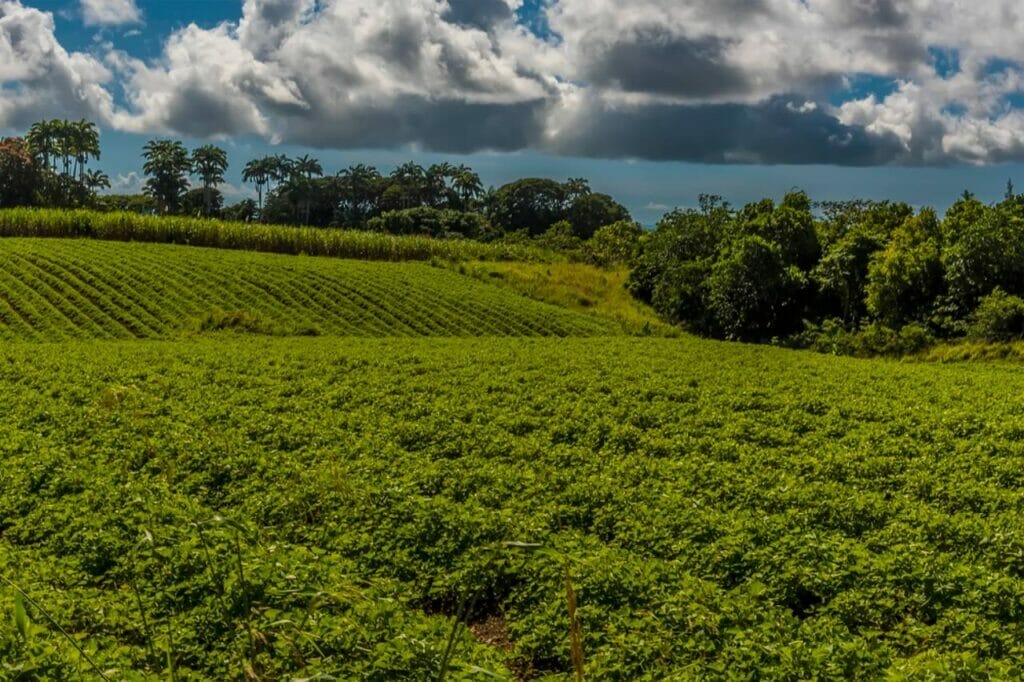
Diversification and Niche Markets
One of the primary opportunities in Barbados agriculture lies in diversifying production to include a wider range of crops and livestock. This could aid farmers in diversifying their income streams and reducing their dependency on traditional cash crops like sugarcane.
Moreover, Barbados’ unique climate and soil conditions enable it to produce high-quality specialty crops, such as exotic fruits and vegetables, that can command premium prices in niche markets.
For instance, the island has seen success in cultivating crops like sweet potatoes, cassava, and hot peppers, which have found demand both locally and in international markets. Similar to this, the raising of livestock including sheep, goats, and poultry has gained popularity and now provides farmers with alternative sources of income.
Agri-tourism
Agritourism, a movement that combines agriculture and tourism by giving visitors a distinctive, real, and immersive experience of the island’s agricultural past, has the potential to be profitable for Barbados, which already has a thriving tourism industry.
A few agritourism activities that can draw visitors and increase revenue for farmers and the sector as a whole include farm-to-table eating experiences, farm stays, and educational tours.
Technological Advancements and Innovation
The adoption of modern agricultural technologies and practices can significantly enhance productivity and efficiency in the sector. For instance, farmers can maximize their resource use and reduce waste by using precision agriculture techniques, such as satellite imaging and machinery that is GPS-guided.
Additionally, the creation of novel agricultural approaches can help the industry remain sustainable and resilient in the face of climate change and other difficulties, such as the development of drought-resistant crop types and eco-friendly pest control techniques.
Challenges Faced by Barbados Agriculture
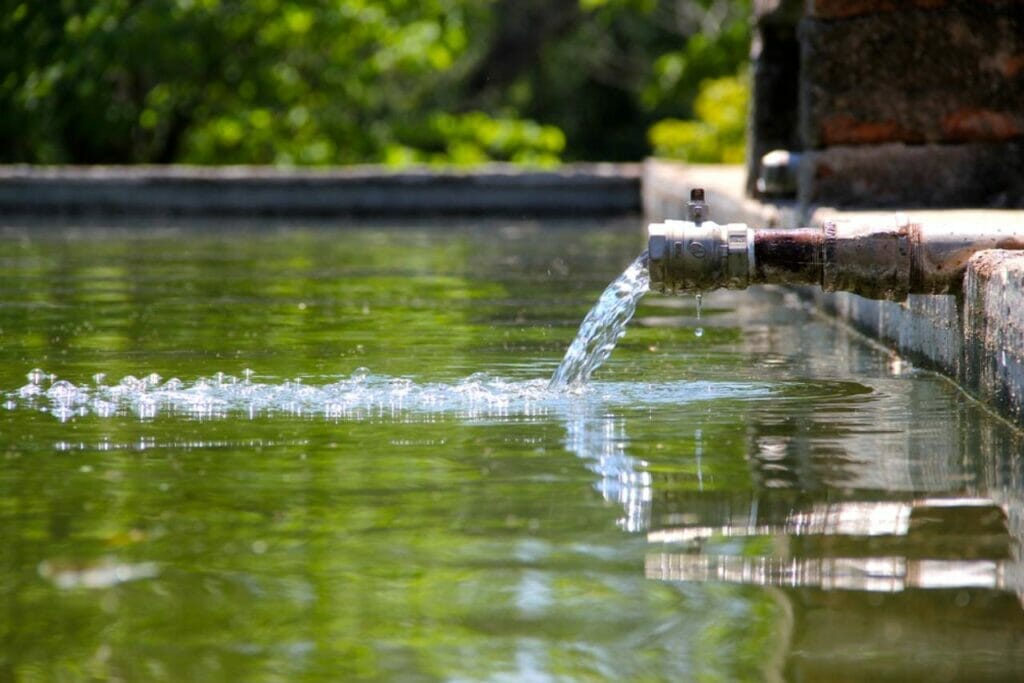
Climate Change and Water Scarcity
Due to its small size and status as a developing island nation, Barbados is especially susceptible to the effects of climate change, including:
- Rising sea levels
- More frequent and powerful storms
- Changing rainfall patterns
These factors pose significant challenges to agricultural production, with water scarcity being a particularly pressing issue.
A 2018 research by the Caribbean Institute for Meteorology and Hydrology identified Barbados as one of the water-poorest nations in the world, with frequent water shortages.
As a result, farmers must implement water-saving practices and look into other water sources, like desalination and rainwater harvesting.
Land and Resource Constraints
With limited land area and a growing population, Barbados faces challenges in allocating land and resources for agriculture.
Urbanization and tourism development often compete with agricultural land use, leading to the loss of fertile soils and the fragmentation of agricultural plots. Farmers find it challenging to attain economies of scale as a result, which can impede the sector’s expansion.
Due to the island’s reliance on imported inputs, like as machinery and fertilizer, production prices may increase and it may be difficult for local farmers to compete with imports that are more affordable.
Innovative land management strategies are required to solve these problems, as well as assistance for nearby farmers who wish to switch to more environmentally friendly and economically sensible farming methods.
Limited Access to Financing
Access to capital is a major challenge faced by many farmers in Barbados, especially small-scale and young farmers who often lack collateral or have limited credit history. Traditional financial institutions generally view agriculture as a high-risk sector, making it difficult for farmers to get loans or other forms of financing.
To overcome this challenge, creative funding strategies including microfinance, agribusiness funds, and public-private partnerships are needed. These models can assist farmers in getting the money they require to invest in new technologies, diversify their output, and grow their operations.
Need for Education and Training
A skilled and knowledgeable workforce is essential for the development of a vibrant and competitive agricultural sector. However, a lack of possibilities for education and training prevents many farmers in Barbados from adopting new practices and technologies.
Funding agricultural education and training programs at all levels of education, from primary school to tertiary, as well as developing capacity-building programs that are specifically suited to the needs of different farming community subgroups, such as women, youth, and small-scale farmers, are necessary to close this gap.
Success Stories and Case Studies in Barbados Agriculture
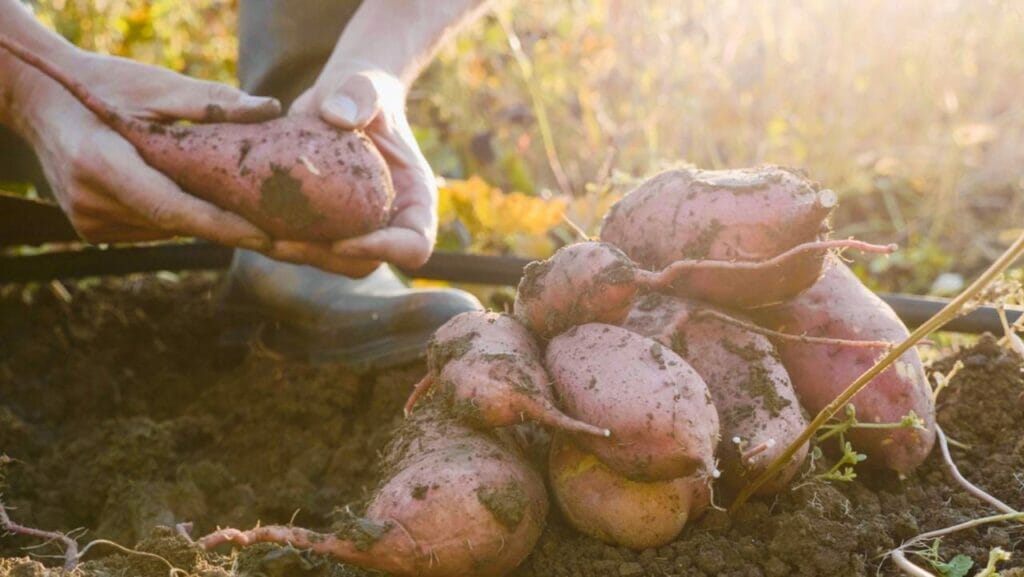
Innovative Farming Ventures
Many small-scale farmers and business entrepreneurs in Barbados have been successful in putting forward-thinking solutions to some of the issues the agriculture sector is currently facing into practice.
- Hydroponics: A Barbadian entrepreneur established a successful hydroponic farm that grows lettuce, herbs, and other leafy greens. This method of soilless cultivation helps address water scarcity and land constraints by using significantly less water and space compared to traditional farming methods.
- Organic Farming: A family-run organic farm in Barbados has had success growing a range of fruits, vegetables, and herbs without the use of synthetic pesticides or fertilizers. They have a devoted following of customers because of their eco-friendly business operations, and they have even dabbled in agri-tourism by providing farm tours and workshops on organic agricultural methods.
FAQ
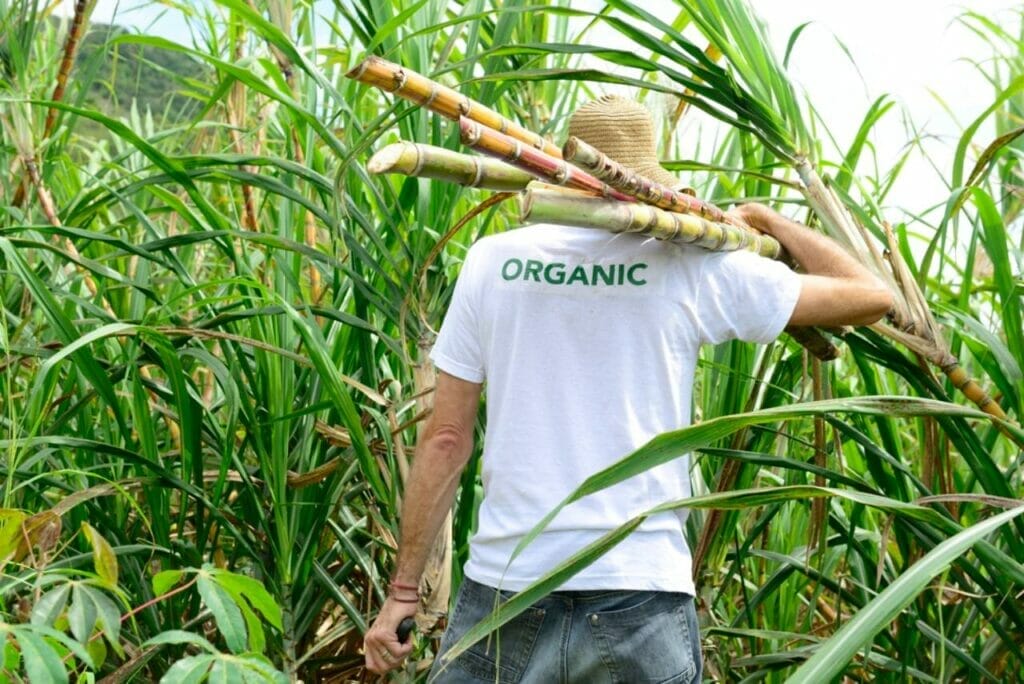
What Are The Main Crops Grown In Barbados?
While sweet potatoes, cassava, hot peppers, and numerous fruits and vegetables are all significant crops in Barbados, sugarcane remains the island nation’s primary crop. To lessen reliance on sugarcane, agricultural production has shifted in recent years toward diversification.
What Is The Agriculture Of Barbados?
Traditional cash crops like sugarcane are mixed with varied production of food crops and livestock to make up Barbados’ agriculture. The sector faces challenges related to climate change, water scarcity, and land constraints but also presents opportunities in agri-tourism and technological advancements.
What Is Barbados Known For Producing?
Barbados is known for producing sugarcane, which has historically been the island’s primary agricultural export. The country is also renowned for its rum, made from sugarcane byproducts, and its efforts to diversify agricultural production by cultivating crops like sweet potatoes, cassava, and hot peppers.
What Is The Importance Of Agriculture In Barbados?
A number of factors make agriculture important in Barbados, including its effects on employment, food security, rural development, and the country’s GDP. Although it plays a smaller role compared to tourism and offshore banking, agriculture remains a crucial sector for maintaining economic diversity and resilience.
What Is An Important Crop And Export In Barbados?
Sugarcane has historically been the most important crop and export in Barbados, playing a significant role in the island’s economy. The sugarcane industry produces not only raw sugar but also molasses and rum, with the latter being a particularly famous and high-quality export product.
How Much Of Barbados GDP Is Agriculture?
Even though its contribution to the total economy is relatively small in compared to offshore banking and tourism, agriculture nonetheless plays a significant role in the island’s economic structure by generating jobs and assisting in the provision of adequate food.
Key Takeaways: Barbados Agriculture Today
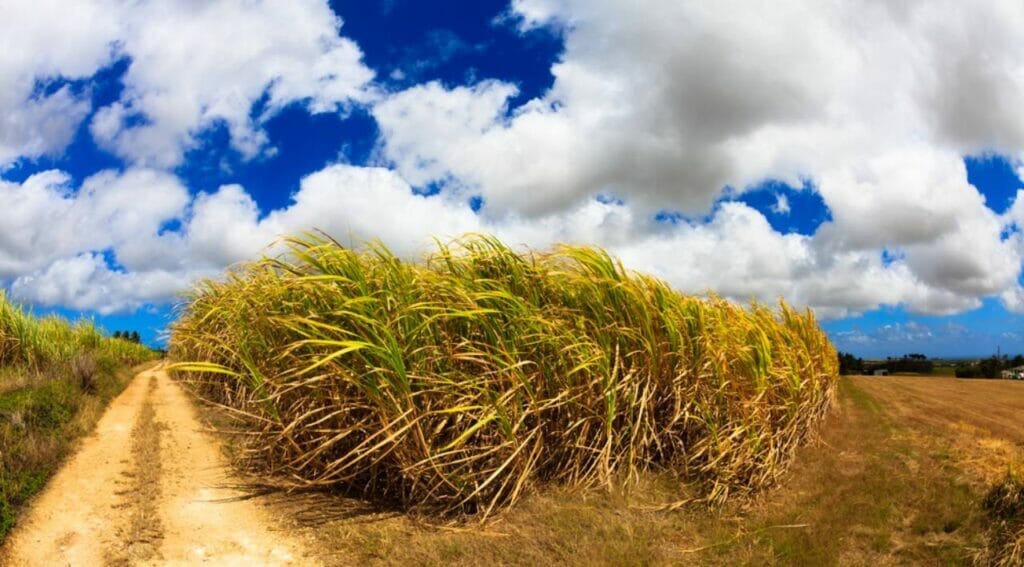
In conclusion, the current state of Barbados agriculture presents a mix of opportunities and challenges.
The potential for growth and development in the sector is evident, with diversification, agri-tourism, and technological advancements providing numerous avenues for success. However, overcoming the hurdles posed by climate change, land and resource constraints, limited access to financing, and the need for education and training is crucial for the industry to truly thrive.
By addressing these difficulties head-on and grabbing the opportunities that are available, Barbados agriculture can continue to play a significant role in the island’s economy and contribute to food security, the creation of jobs, and sustainable development.

